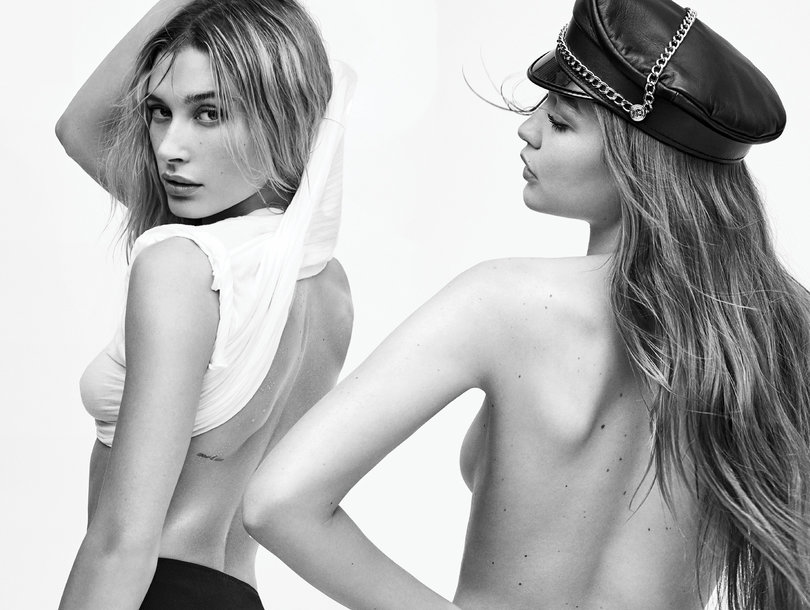While “The Biggest Loser” was a ratings beast for NBC across 17 seasons from 2004 to 2016, America has evolved its views on body positivity, fat-shaming and exploitation considerably in the interim.
Comedians are having to adjust the more provocative edges of their routines, and reality shows are finding themselves in need of a new sensitivity when it comes to providing entertainment on the backs of marginalized people who are struggling with mental and physical issues.
And yet, USA is confident that its retooled revival of “The Biggest Loser” is prepared to take on all of those challenges and show a smarter, safer and more improved product to (hopefully massive) audiences.
“We did want to take a look at the format and make sure it’s reflective of health and fitness today,” USA executive Heather Olander. “We want the message to be about getting healthy and setting them on a healthy path.”
NBC made attempts to tweak the format during its latter seasons in light of then-fresh criticisms of some of the unhealthy techniques they reportedly used to induce shocking amounts of weight loss in a very short fashion, as well as it’s purported failures on the back end in providing ongoing support so contestants didn’t gain the weight back.
As such, when the cast and creators of the new show settled down for a panel session with reporters at the Television Critics Association press tour on Saturday, they were immediately bombarded with questions and concerns about reviving such a controversial program.
One reporter went straight for the jugular, calling out the show for “fat-shaming” in its past, and setting up unrealistic expectations by asking “What is your responsibility to people who are not out there being able to exercise 20 hours a day?”
“Biggest Loser” contestants are sequestered on a ranch where their primary job and focus during their time on the show is weight loss. In other words, there are no outside distractions like work or family or friends or even temptations at all (that destructive element of the old show is gone as well).
Calling weight loss “controversial any way you look at it,” TheWrap reports former trainer and host Bob Harper said, “For me, I’ve worked with a lot of people that the show has really helped inspire.”
In other words, the show is designed to perhaps be an inspiration, but by no means a how-to, as not everything that’s being presented to the contestants even makes it to air. “Behind the scenes, we did have a nutritionist write individualized meal plans for each of the contestants,” said Olander.
“We had two doctors on set and a set of trainers that vetted all of the challenges and the workouts that they did and to make sure they were constantly monitored, to make sure all of their vitals were where they needed to be and that they were losing weight at a healthy rate.”
They also made individual adjustments per contestant based on caloric intake, workout regimen and other measured metrics to ensure everyone was working at a healthy level; another criticism of the original format.
And they’ve vowed to have a much more robust after-show treatment plan, even for those eliminated early, including a gym membership, nutritionist and guidance in finding a support group to keep them on track with their individual goals.
“We just want to make sure that, maybe they don’t win the money, but we still wanted to give them a chance at a great life,” said Olander.
The all-new “Biggest Loser” kicks off January 28 on USA.
Got a story or a tip for us? Email TooFab editors at [email protected].
View Photos
Zoey Grossman
The Hadids, Hailey Bieber Among V Magazine’s 2020 Calendar Girls

